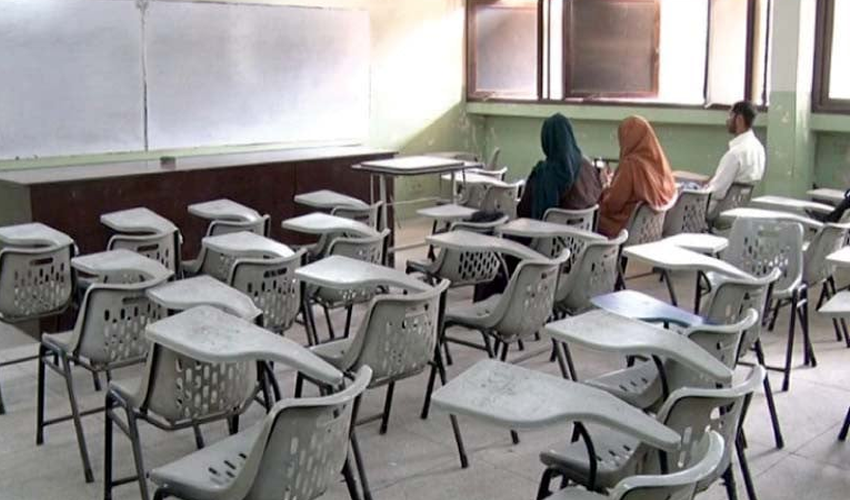A financial crisis of alarming proportions is gripping the public sector universities in Khyber Pakhtunkhwa (KPK), putting the future of 20 institutions in jeopardy.
With losses and liabilities exceeding a staggering Rs 7 billion, the higher education landscape in the province is on the brink of disaster, according to a recent report.
The report, issued by the Higher Education Department (HED), paints a grim picture of the predicament faced by KPK's universities.
It points out that 29 universities in the province were established without proper planning, with Swat alone hosting four of these institutions. Additionally, disputes over the equitable distribution of resources among universities have only exacerbated the financial woes.
One of the most concerning aspects of this crisis is the lack of Vice Chancellors in several universities. Since March 2023, twelve universities have been left without permanent VCs, and eight institutes are currently being overseen by Pro-VCs.
Furthermore, an additional eight Vice Chancellors are set to complete their terms later this year, potentially leaving these institutions in administrative limbo.
The situation has become so dire that the salaries of employees in various universities have been halted, and administrative operations have been suspended in universities such as Women University Swabi, Lucky Marwat, Khushal Khan University in Karak, and Agriculture University in DI Khan.
These disruptions are causing significant hardships for the faculty and staff and hindering the academic environment.
In an effort to remain afloat, some universities have resorted to introducing Bachelor of Science (BS) programs after private Bachelor of Arts (BA) and Master of Arts (MA) programs were abolished. This transition has not been without its challenges and has further strained the already strained resources of these institutions.
To compound these issues, the report also highlights the failure of these universities in utilizing their agricultural land efficiently. Furthermore, some universities have leased their properties at rates below the market value, leading to a loss of potential revenue.



























